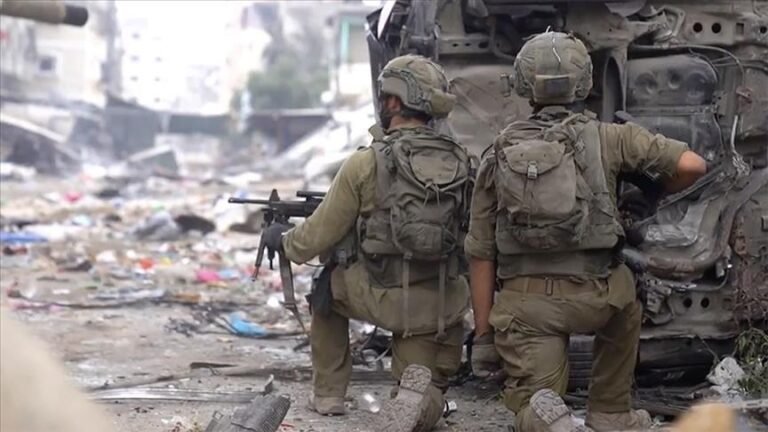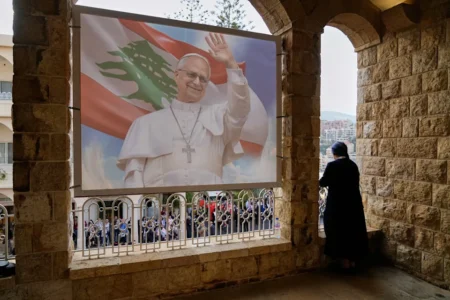Seven Israeli soldiers were killed and 17 others injured on Tuesday in a powerful explosion in southern Gaza. The attack took place in Khan Younis and has added new pressure on Israeli leadership, already struggling with widespread conflict across the region.
According to the Israeli military, a combat vehicle was moving through the area when it was hit by an explosive device placed by a Hamas operative. The explosion caused the vehicle to catch fire. Nearby Israeli soldiers rushed to help, but the fire quickly engulfed the vehicle, and all seven soldiers inside died. The 17 wounded were transported to a hospital in Tel Aviv, where several remain in critical condition.
All the victims were members of the 605th Combat Engineering Battalion. Their deaths have shaken both military officials and the public. Hamas later released a video of the attack, showing the moment of the blast and the cries of injured soldiers. The footage quickly spread across social media, fueling anger and sadness.
Hamas’s armed wing, the Qassam Brigades, claimed responsibility for the operation. They said the attack was a planned strike on Israeli troops in Khan Younis. The group also reported carrying out other attacks that same day, including RPG and shell strikes targeting Israeli forces and an explosion aimed at a Merkava tank in the same region.
The explosion and deaths have come at a time when Israel is already struggling with the fallout from its recent conflict with Iran. Entire areas of the country have been damaged, and the military is stretched thin. The latest Gaza attack has now triggered even more public outrage. Many Israelis are questioning the government’s ability to protect soldiers and manage the conflict.
Military analysts believe the number of Israeli deaths may be higher than officially reported. While government sources have confirmed the deaths of more than 800 soldiers since the beginning of the Gaza offensive, unofficial sources suggest the real number could be significantly greater. The government has placed strict controls on media coverage of battlefield losses.
Meanwhile, Hamas has increased its activities in Gaza, launching wave after wave of attacks. The Qassam Brigades have been setting traps, bombing military vehicles, and demolishing buildings used by Israeli troops. Hamas leaders have issued warnings that Israeli soldiers will be forced out of Gaza, stating that they will be returned to Israel “in coffins.”
The Israeli government has responded by launching more airstrikes and tightening military operations. Prime Minister Benjamin Netanyahu has vowed to completely destroy Hamas and reduce Iran’s power in the region. However, the recent deadly attack has raised doubts about how effective these strategies have been.
In Gaza, civilians are also suffering under the ongoing assault. Homes have been destroyed, families displaced, and access to food, water, and medicine has become increasingly difficult. International aid groups have voiced concern over the humanitarian crisis. As Israeli strikes continue, the civilian toll keeps rising.
The latest attack adds to growing frustration within Israel. Families of soldiers are calling for more accountability and questioning the direction of the war. Protests are taking place in several cities, demanding an end to the heavy casualties and better leadership during the crisis.
The broader regional conflict, involving Iran and its allies, is making the situation more complex. Military experts warn that without a political solution, the violence could spread and worsen in the coming weeks. The attack in Khan Younis marks one of the deadliest incidents in recent Israeli military history and highlights how fragile the current situation has become.







